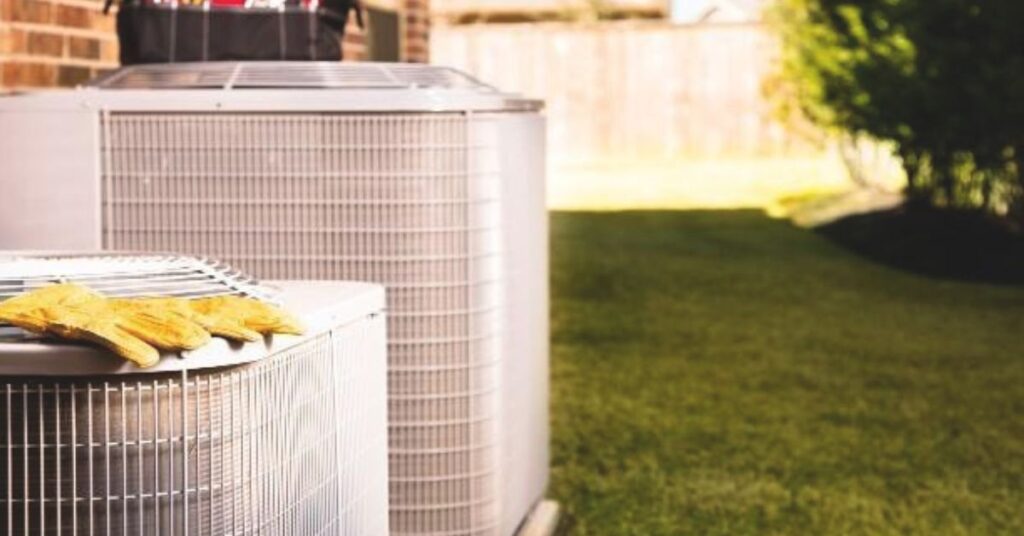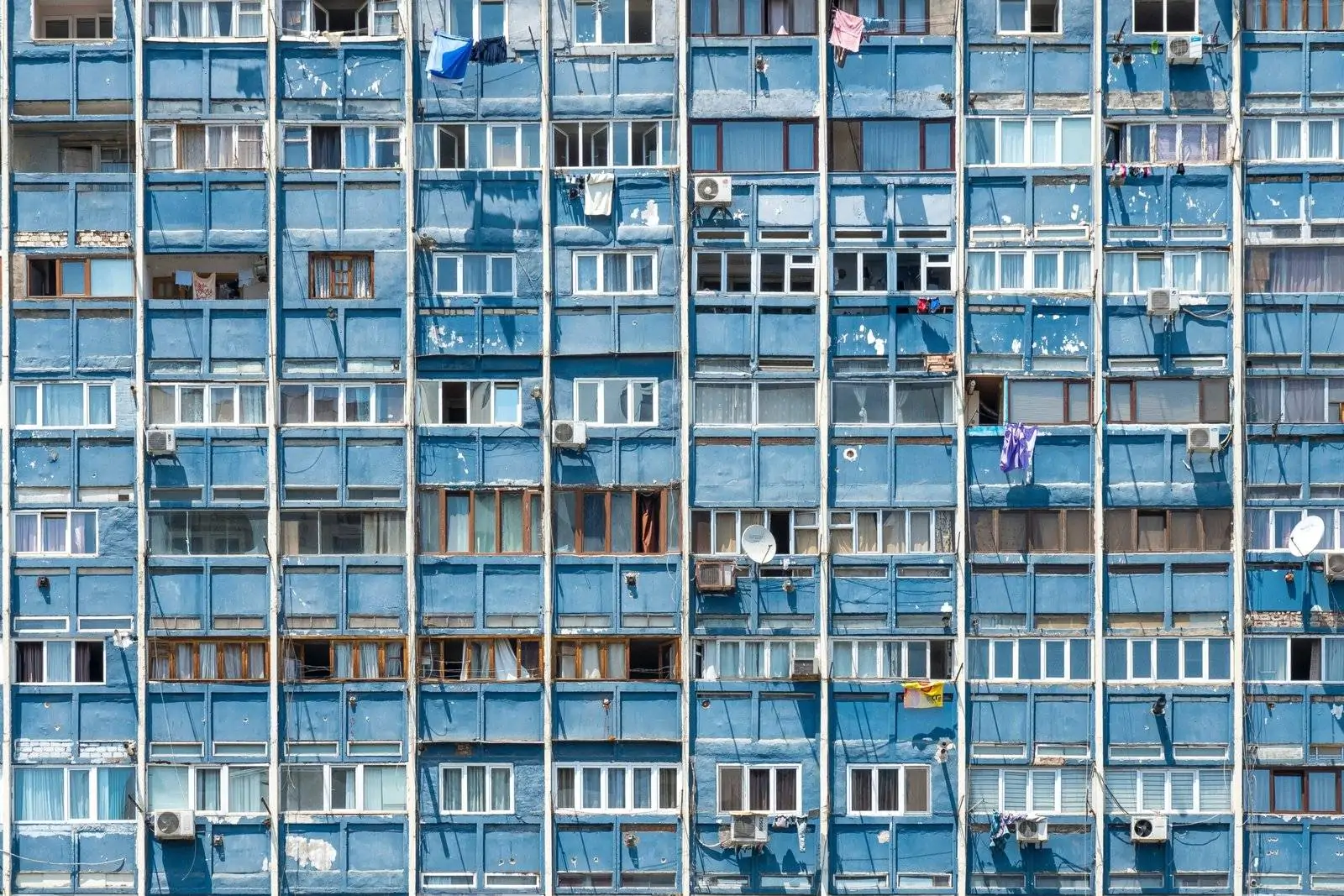Homeowners insurance is essential for protecting your home from unexpected damages and financial losses. While it covers a wide range of incidents, understanding whether your HVAC system (heating, ventilation, and air conditioning) is included can be a bit more complicated. This blog will explore the nuances of homeowners insurance coverage for HVAC systems, including what is typically covered, what isn’t, and how to ensure your HVAC system is adequately protected.
What is Homeowners Insurance?
Homeowners insurance is a policy that provides financial protection against losses and damages to your home and personal belongings. It typically covers interior and exterior damage, loss or theft of possessions, and personal liability for harm to others. Standard policies include:
- Dwelling Coverage: Protects the structure of your home.
- Personal Property Coverage: Covers personal items like furniture, electronics, and clothing.
- Liability Protection: Covers legal responsibility for injuries or property damage caused by you or your family.
- Additional Living Expenses: Covers the cost of living elsewhere if your home is uninhabitable due to a covered event.
Is HVAC Covered by Homeowners Insurance?
The coverage for HVAC systems under homeowners insurance depends on the cause of the damage. Here are the scenarios where your HVAC system may or may not be covered:
Covered Scenarios
- Sudden and Accidental Damage: If your HVAC system is damaged due to sudden and accidental incidents like fire, lightning, or a fallen tree, your homeowners insurance will likely cover the repair or replacement costs.
- Vandalism or Theft: If your HVAC system is damaged or stolen due to vandalism or theft, your policy typically provides coverage.
- Certain Natural Disasters: Damage caused by certain natural disasters, such as hail or windstorms, may also be covered, depending on your policy and location.
Not Covered Scenarios
- Wear and Tear: Homeowners insurance does not cover damage due to normal wear and tear or lack of maintenance. Regular maintenance is crucial to keep your HVAC system running efficiently.
- Flood or Earthquake: Standard policies do not cover damage caused by floods or earthquakes. Separate policies are needed for these types of natural disasters.
- Negligence: Damage resulting from neglect or improper use of the HVAC system is not covered.
How to Ensure Your HVAC System is Covered
- Review Your Policy: Carefully review your homeowners insurance policy to understand what is and isn’t covered. Look for any specific clauses related to HVAC systems.
- Consider Additional Coverage: If your standard policy does not cover certain risks, consider purchasing additional coverage. For example, a separate flood or earthquake insurance policy can protect against those specific risks.
- Regular Maintenance: Perform regular maintenance on your HVAC system to prevent breakdowns and prolong its lifespan. Keep records of maintenance and repairs, as they may be required if you need to file a claim.
- Install Protective Measures: Installing surge protectors and securing outdoor units can help protect your HVAC system from damage.
Filing a Claim for HVAC Damage
If your HVAC system is damaged and you believe it is covered under your homeowners insurance policy, follow these steps to file a claim:
- Document the Damage: Take photos and videos of the damage. Keep records of any maintenance and repairs done on the HVAC system.
- Contact Your Insurance Company: Notify your insurance company as soon as possible to start the claims process. Provide them with all necessary documentation and information.
- Get an Estimate: Obtain an estimate for the repair or replacement of the HVAC system from a licensed contractor.
- Follow Up: Keep in touch with your insurance company throughout the claims process to ensure everything is proceeding smoothly.
Read More: Does A New Roof Increase Home Value?
Conclusion
Understanding whether homeowners insurance covers your HVAC system can save you time, money, and stress in the long run. While standard policies cover certain types of damage, regular maintenance and additional coverage may be necessary to protect your HVAC system fully. By reviewing your policy, performing routine maintenance, and taking preventive measures, you can ensure your HVAC system remains in good working condition and is protected against unexpected damages.

